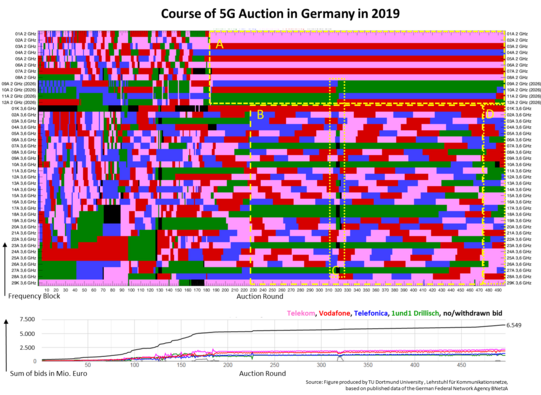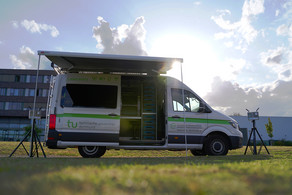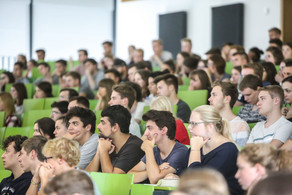German 5G auction finalized - A closer look into the course of the auction
- News
A more detailed analysis of the course of the auction is depicted below:
After approx. 180 rounds the bids and association of the 2 GHz range stabilized with 4 frequency blocks allocated to Telekom and Vodafone, while Telefonica and 1und1 Drillisch each provided for 2 blocks the highest bids. The 2 GHz blocks with earlier availability received each bids in the 210 Mio. Euro range, while the bids for those blocks available in 2026 raised around 170 Mio. Euro each. The bids for the 3.6 GHz blocks were at this stage still in the 100 Mio. Euro range.
From round 180 onwards, the bidders focussed primarily on the 3.6 GHz range and raised their bids in small steps (2% minimum increment according to the rules of the auction). Then in round 227 1und1 Drillisch raised their bids for 6 blocks significantly to in the 125 Mio Euro range, while all other bidders continued in small steps on a much lower basis (around 105 Mio Euro at this stage of the auction). A phase of rather slowly growing bids followed: while the higher bids from 1und1 Drillisch lead to a constant allocation of 6 blocks (indicated by the green lines) the three remaining bidders were not satisfied with the allocation of the 3.6 GHz blocks and continued to raise their bids gradually. During this phase typically only one block changed its allocation to another bidder.
This phase was only interrupted when in round 318 1und1 Drillisch withdrew its high bids. Yet as no other bidder jumped in, 1und1 Drillisch renewed its bids in round 324 and the auction continued steadily.
Two weeks later with round 427 the bids of all bidders reached the same level and the formerly static allocation of six blocks ended. Because the auction still continued in small steps, the BNetzA decided from round 466 onwards to raise the minimum increment significantly (from approx. 3 Mio to 13 Mio. Euro) in order to speed up the auction. Only after 30 additional rounds the auction finally ended with a total of 6,550 Mio. Euro. The final outcome shows that the bidders associated with average bids of around 20 Euro/Hz around 30% more value to the 2 GHz-band compared to the 3.6 GHz-Band (with around 15 Euro/Hz average bid).
The source of the raw data of the auction results is the BNetzA Federal Network Agency.
All derived statistics have been prepared for research and teaching purposes only.
No responsibility is taken for the correctness of this information.







